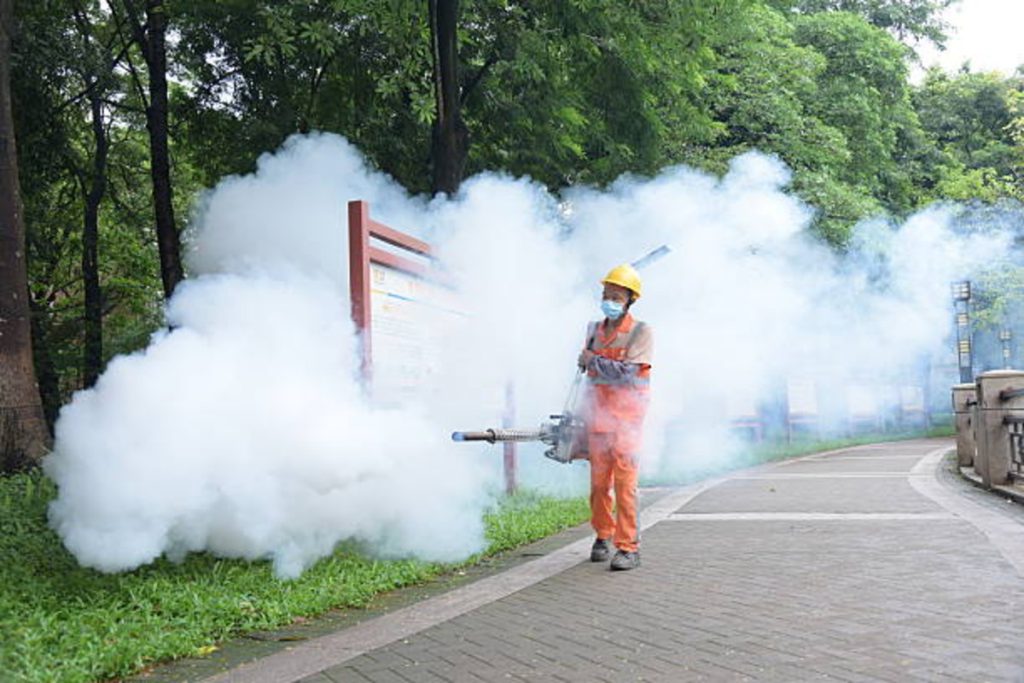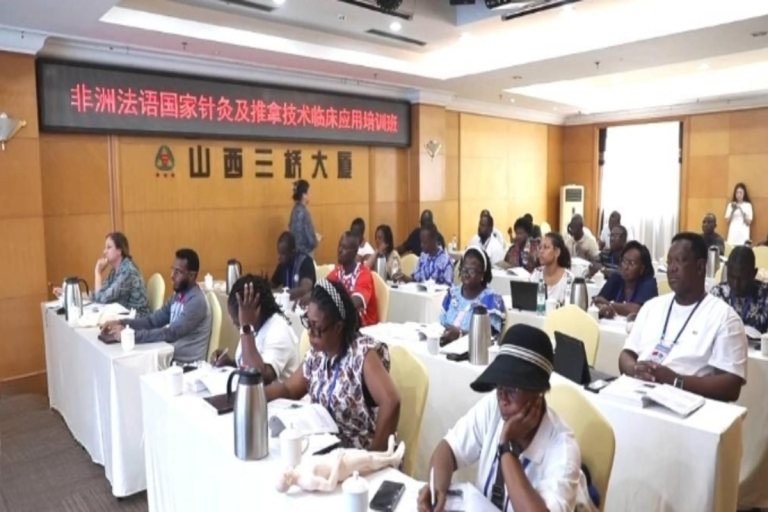
Guangdong province enforces cleanup operations to control mosquito-borne chikungunya fever outbreak. Photo by VCG/VCG via Getty Images
The outbreak, centered in Foshan, marks the country’s largest recorded spread of the disease, prompting urgent nationwide public health interventions.
Mosquito-borne chikungunya virus outbreak escalates in Guangdong province
Authorities have confirmed over 7,000 cases of the mosquito-borne chikungunya virus across the province, with Foshan city experiencing the highest concentration. The virus, transmitted through mosquito bites, causes fever, joint pain, rashes, and fatigue. Although rarely fatal, the symptoms can severely impact mobility and quality of life.
With no established presence of the virus in China prior to this, the population lacked natural immunity, allowing rapid transmission. Warm temperatures and sustained rainfall have worsened mosquito breeding conditions in the region.
China uses drones and penalties to suppress mosquito-borne chikungunya virus
Authorities have launched wide-scale mosquito control operations, including aerial drone surveillance to detect standing water and spraying of insecticides in public and residential areas. Disinfection is now mandatory at certain office entrances.
Residents who fail to eliminate breeding sources may be fined up to 10,000 yuan ($1,400), and repeat violations can result in temporary power disconnection. These measures are part of a broader public health campaign to limit the spread of the mosquito-borne chikungunya virus.
Hospitals and officials target mosquito-borne chikungunya virus transmission
All infected individuals in Foshan are being hospitalized for a minimum of one week. Initial plans for home quarantine were dropped after medical experts confirmed the virus does not spread through human contact. Authorities are also testing eco-friendly solutions, including the release of larva-eating fish and natural mosquito predators in affected zones.
Central government coordination has intensified as officials seek to limit the virus’s reach and mitigate international concern. The country’s prior experiences with SARS and COVID-19 have shaped a fast, coordinated response model.
Travel warning issued as mosquito-borne chikungunya virus draws scrutiny
The U.S. Centers for Disease Control and Prevention has issued a travel advisory for Guangdong, urging visitors to take mosquito precautions. Similar alerts have been placed on Bolivia and select Indian Ocean nations experiencing outbreaks.
Health officials claim that new infections are gradually declining but caution that public participation is essential for sustained containment of the mosquito-borne chikungunya virus. With no available vaccine, the current strategy focuses on eliminating mosquito habitats and enforcing strict compliance.
China escalates mosquito-borne chikungunya virus containment measures
The virus, once foreign to mainland China, now threatens to disrupt densely populated areas if left unchecked. China’s immediate response—grounded in surveillance, biological control, and community penalties—aims to prevent the spread from expanding beyond current hotspots.

